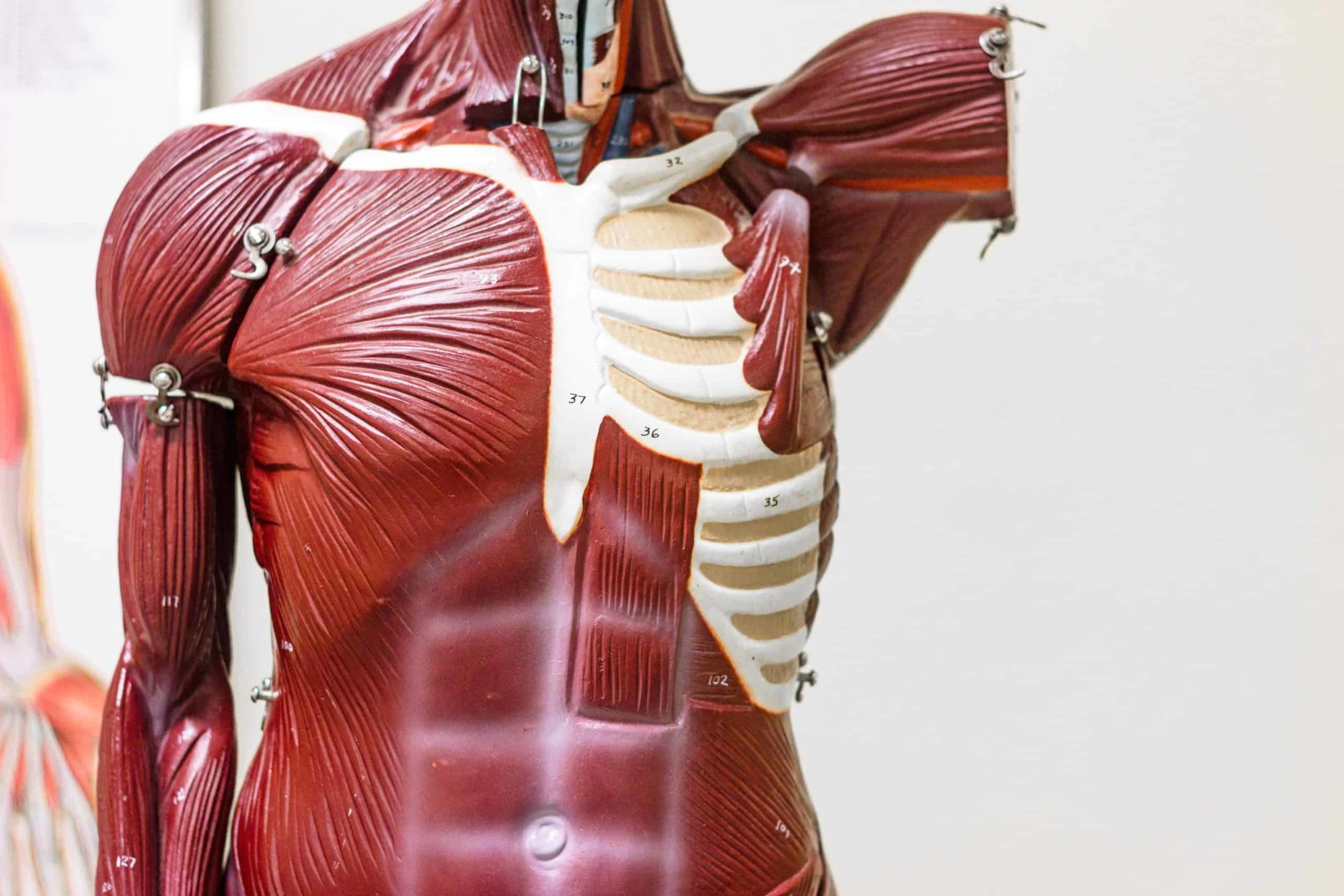Everyone is familiar with the idea of addiction, but the Biological Model of Addiction offers a unique and in-depth perspective on this complex phenomenon. It is a comprehensive and detailed explanation of how addiction develops and affects the individual, their brain, and the surrounding environment. It can be an invaluable tool in understanding addiction and the effects it can have on an individual’s life. This article will provide an overview of the biological model of addiction, looking at the key elements and how they interact to create an addictive cycle. It will also discuss the implications of this model for the treatment and prevention of addiction. By the end, you will have a better understanding of the science behind addiction and how you can use this knowledge to help yourself and others.
How Acceptance and Commitment Therapy (ACT) Can Help with Addiction Treatment
Acceptance and commitment therapy (ACT) is a method of talking and thinking that has been growing in popularity over the past few years. In fact, it has been repeatedly shown to be effective in treating a variety of problems, such as phobias, anxiety, depression, self-image issues, and substance use. In this article, we will explore how Acceptance and Commitment Therapy can be useful in helping people who struggle with addiction. The main idea behind this type of therapy is that you must first accept that you have a problem before you try to solve it. If you don’t believe in yourself and your ability to change, then it is much harder to do so after the fact.
5 Stages of Change in Addiction—How to Recognize and Address Them
Stages of Change is a commonly-used framework that helps people understand the different factors that can influence someone to change their behavior. It consists of five stages, each of which offers a specific opportunity to help someone grow and make positive lifestyle changes.
The Stages of Change model was originally developed by Dr. Arnold Relph, an American psychiatrist and now it’s often used in addiction treatment programs around the world. If you’re ready to take action and get help for your substance use, then read on! This article will help you gain a better understanding of the stages of change in addictions, tips for getting started, and what to expect if you choose to make a change for the better.
How the Body Reacts to Addiction: What Happens and How to Recover
The body reacts to stress in a variety of different ways. Some people might experience temporary anxiety, while others might develop phobias or panic attacks. Alcohol and other drugs can trigger physical reactions as well. When someone regularly ingests the same substance, their body develops a tolerance for it. This means that they need more of the substance to feel the effects that they originally experienced. This can lead them to continue consuming the substance even though they know that it is bad for them.
How to Prepare for Thanksgiving in Addiction Recovery
During the holiday season, it can be a difficult time for those who have struggled with addiction. The constant reminder of happy families, wholesome activities and abundant food can be triggering for some. However, recovery is about taking ownership of your life and owning your ups and downs. That means you cannot hide from the world for another year. You have to grapple with everything that makes you uncomfortable and find a way to move forward through it all. Here are some steps on how you can get ready to face the upcoming Thanksgiving in addiction recovery.
Dangers of “Huffing” Compressed Air in the Wake of Aaron Carter’s Death
What exactly is “Huffing” and what can we learn from Aaron Carter’s untimely death? The singer was tragically lost after a concerning resurgence in huffing and apparent substance use. Here we would like to discuss Carter’s struggle with addiction and the dangers of “Huffing” compressed air canisters.
Drug Tolerance: What it is and Why it’s Dangerous
Tolerance, dependence, and addiction often get used interchangeably. But they’re all different words with very distinctive meanings. If you’re considering rehabilitation in your recovery journey, understanding these words and their varying meanings is crucial. Today we’ll focus on the term Drug Tolerance, its definition, and its dangerous implications.
Understanding the Difference Between Addiction and Dependence
It’s easy to think of dependence and addiction as synonymous terms. After all, they are both used to describe someone who struggles with Substance Use Disorder (SUD). But the truth of the matter is that these terms are distinctive and it’s important to know the difference. Let’s review these terms and go over some quick self-assessments to gauge where you stand.
Generational Addiction and Epigenetics—How Family History Affects Substance Use
Genealogy and epigenetics both play a substantial role in a person’s relationship with addiction. Researchers are discovering that the age-old saying “nature versus nurture” is more accurately “nature and nurture.” The two concepts work simultaneously to create who we are as people both consciously and on a molecular level. Generational addiction and epigenetics not only account for proclivities people are born with but proclivities towards substance use that people develop in their upbringing. An individual may be predisposed to addiction at birth or it may be ingrained in them through their environment or how they were raised. Let’s discuss how these two concepts relate to addiction—sometimes in tandem.
5 Signs You’re Enabling a Loved One and Their Addiction
An enabler is someone who encourages or otherwise supports negative behavior. Some may do this willingly or unknowingly with good intentions. After all, enabling someone can look a lot like empowering them, and it can even start off that way. But empowering someone without giving them the room to build the skills for independence can quickly become a situation of enablement. Let’s discuss some of the ways unyielding support can become a problem of unhealthy enablement.











